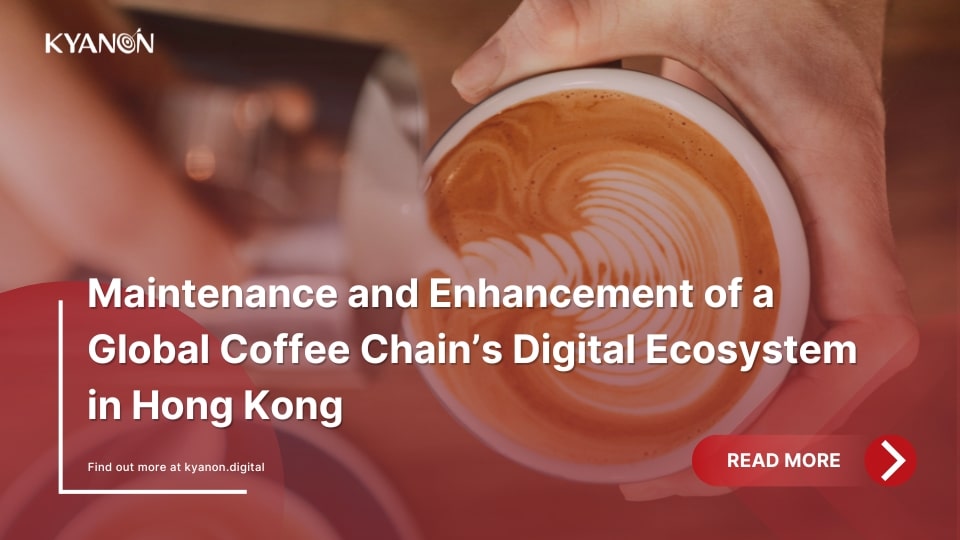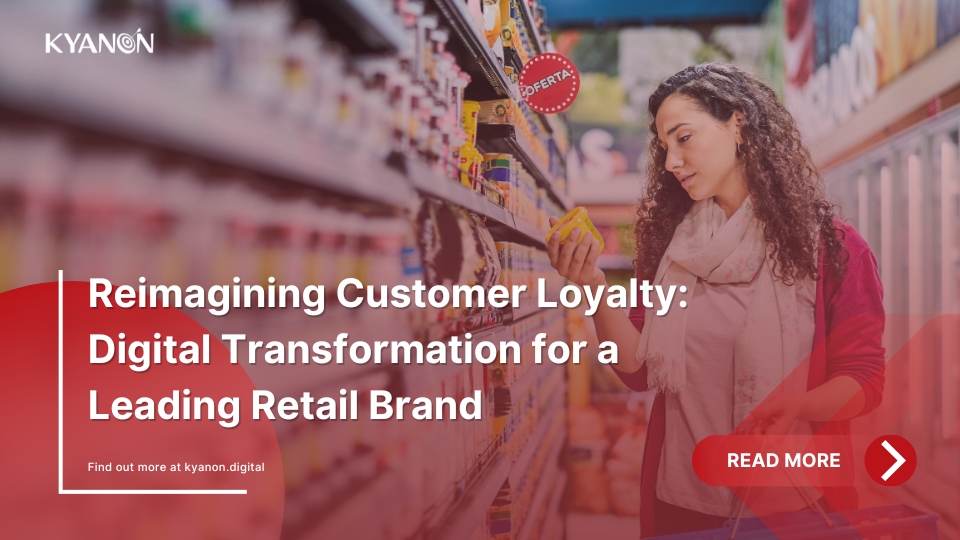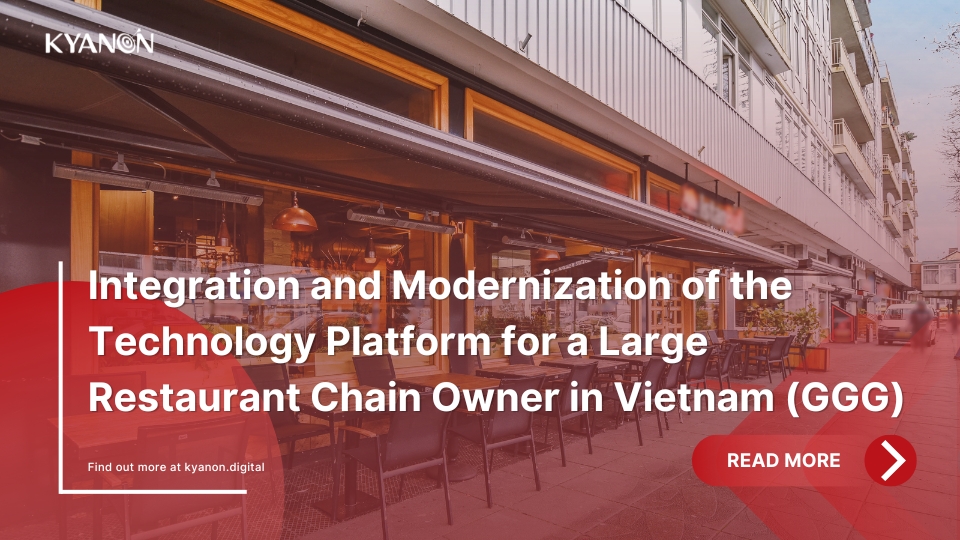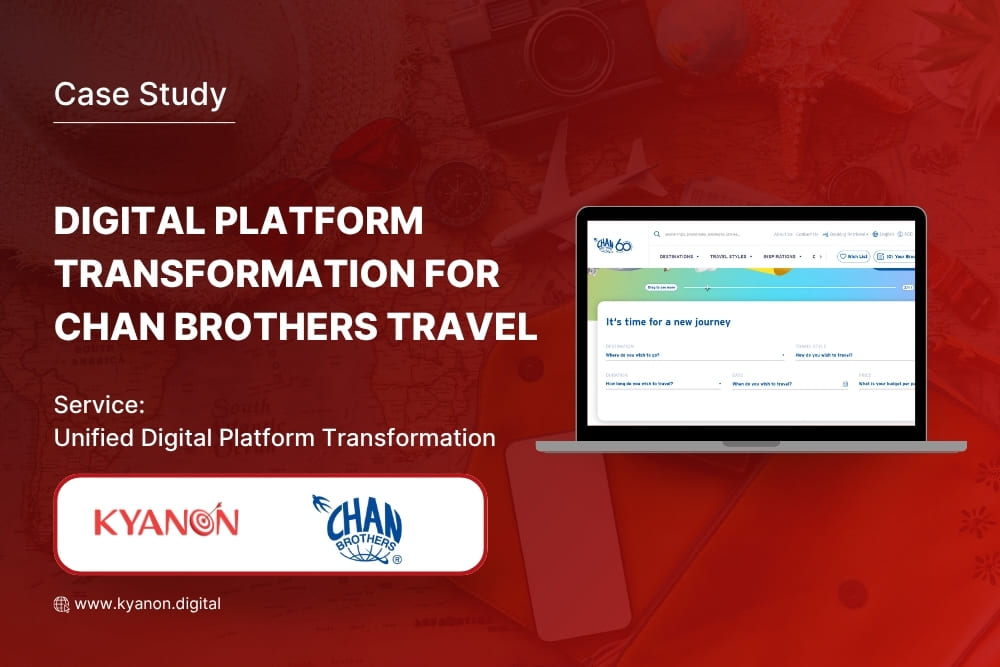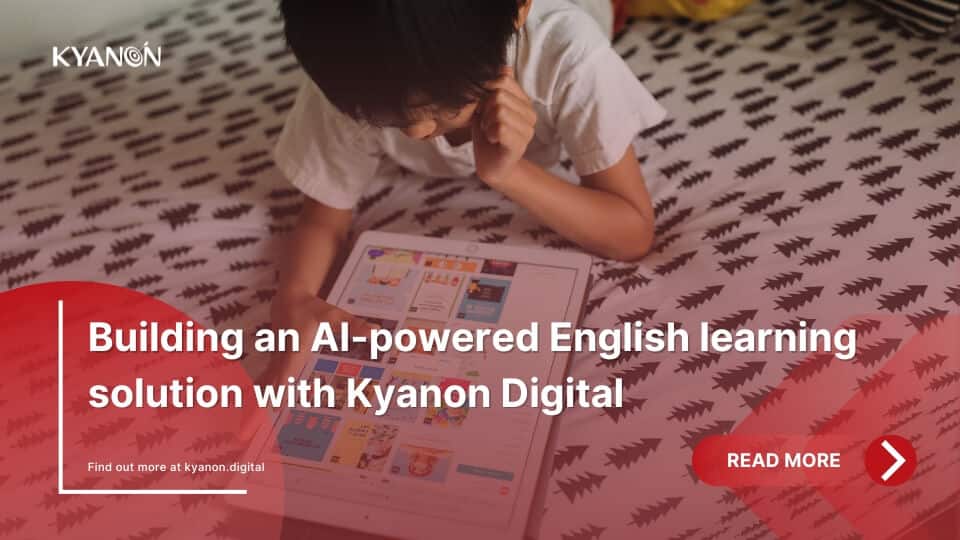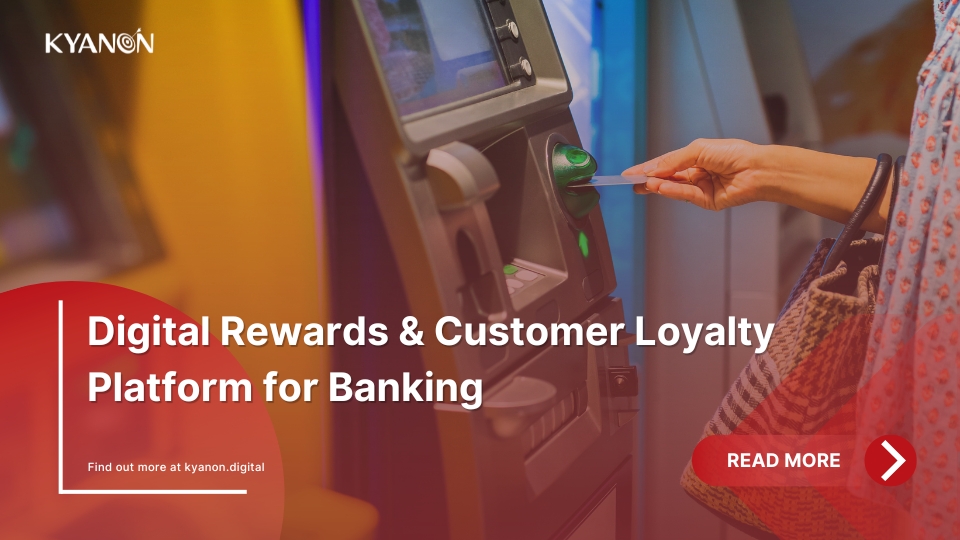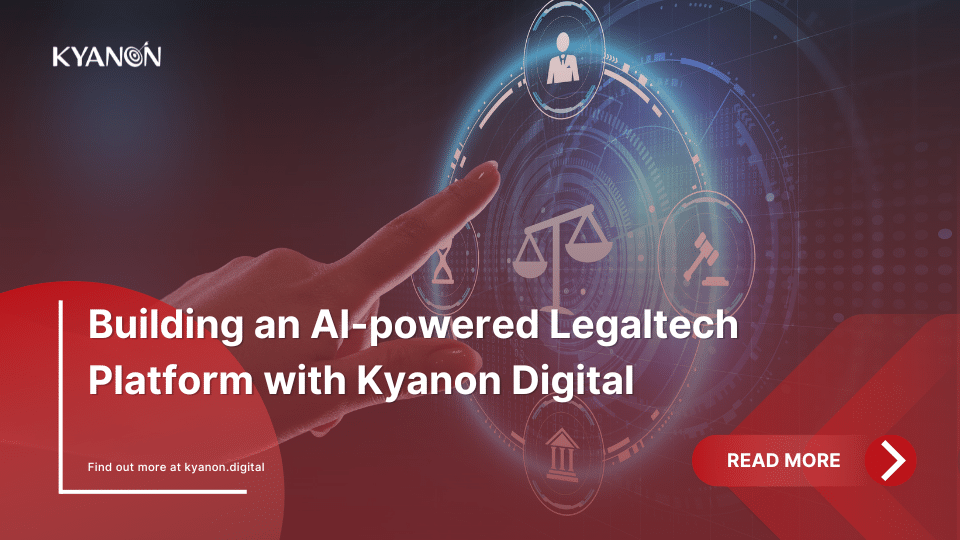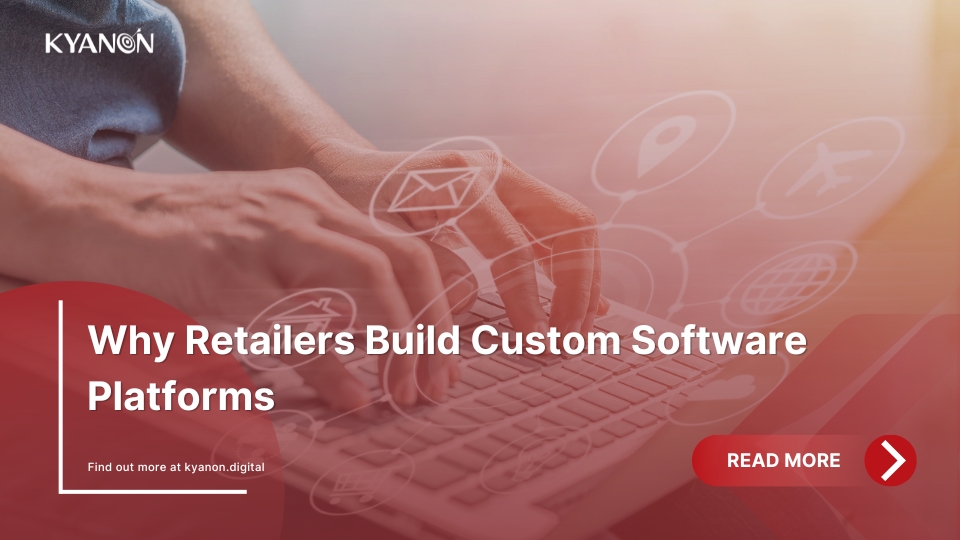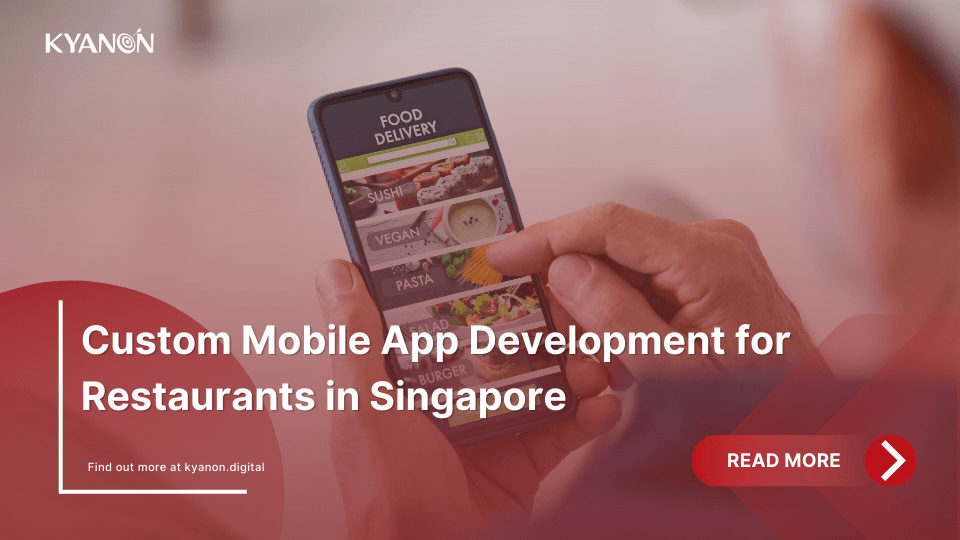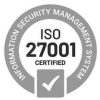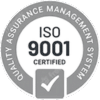Design Thinking that Drives
Human-Centered Innovation
Kyanon Digital applies design thinking in software development to create user-centered, high-impact digital solutions. As one of the trusted design thinking consulting firms, we blend creativity, empathy, and technical excellence to deliver measurable business results.
14 YEARS
in Agile Engineering & Software Development
500+
Consultants & Engineers
5
Global Offices
100+
Clients, including Fortune 500
Our Awards & Recognitions
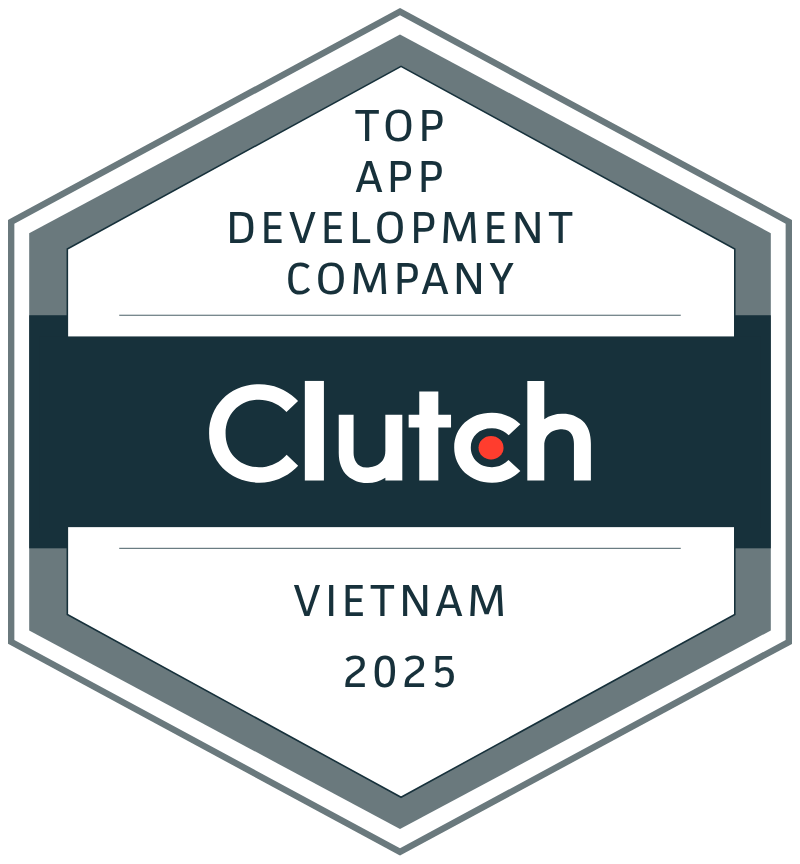
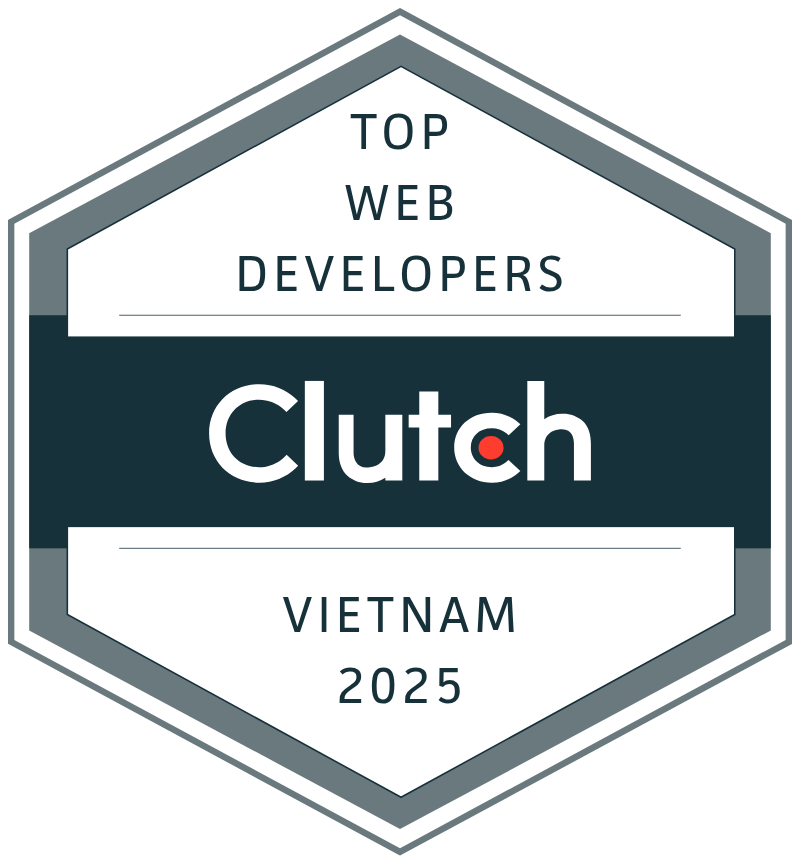
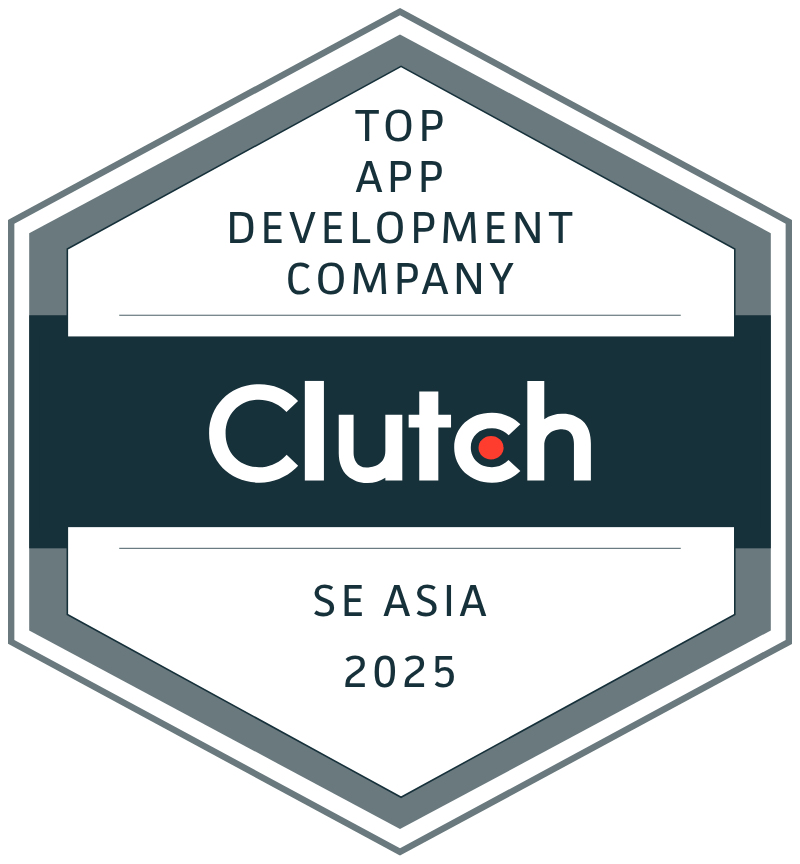
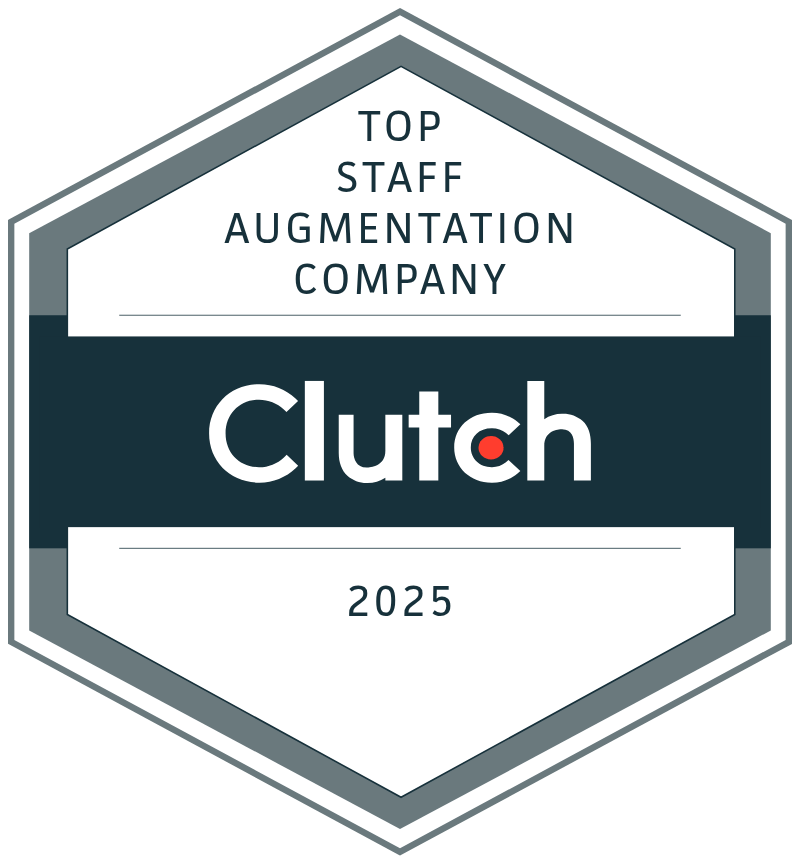
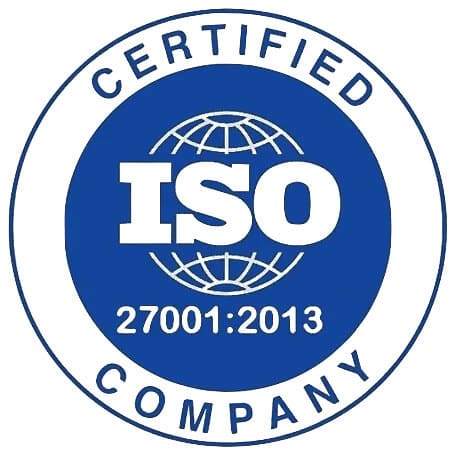

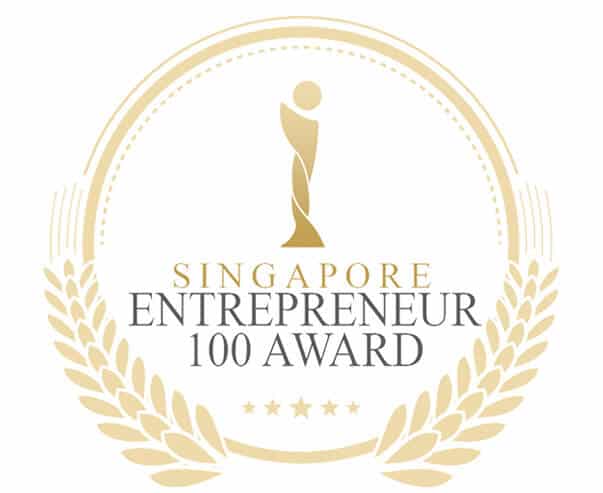


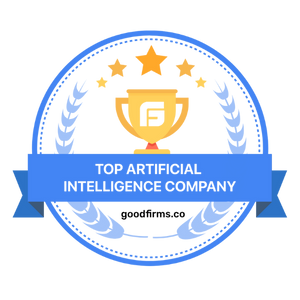

Quality-first approach based on a mature ISO 9001-certified quality management system.
ISO 27001-certified security management that relies on comprehensive policies and processes, advanced security technology, and skilled professionals.
A full-scale PMO able to carry out even the most complex projects.
A leading outsourcing provider featured on the Clutch for three years in a row.
We are trusted by Fortune 500 companies















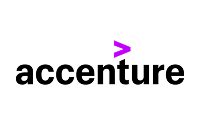

Why Design Thinking?
In today’s rapidly evolving digital landscape, successful solutions don’t start with technology, they start with people. At Kyanon Digital, we believe that Design Thinking is the key to building products and services that solve real problems, not just surface-level symptoms.
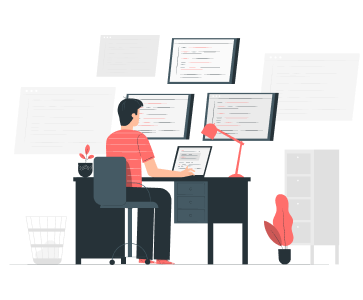
The Value of Empathy-Led Problem Solving
Design Thinking begins with empathy, deeply understanding your users, their needs, motivations, and pain points. This human-centered mindset empowers our teams to:
- Discover unmet user needs that data alone can’t reveal
- Challenge assumptions and redefine the problem from the user’s point of view
- Create solutions that are not only functional, but meaningful
By walking in the users’ shoes, we reduce the risk of misaligned features and increase the relevance and emotional connection of your product.
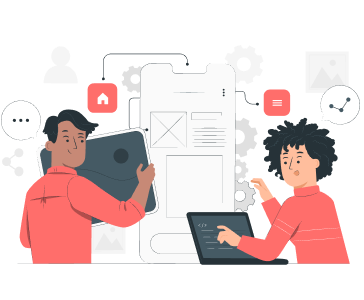
Aligning Technology with Real User Behavior
Too often, digital products are built around internal processes or what’s technically possible, rather than what users actually need or want. Our Design Thinking approach bridges this gap by:
- Translating user insights into actionable design requirements
- Guiding technology choices based on real-world user behavior
- Validating ideas early and iteratively to minimize rework and maximize value
This alignment leads to intuitive, efficient experiences that users adopt naturally, driving both satisfaction and business results.
Our Design Thinking Approach
User-Centered by Design
Simplicity & Clarity
Interfaces are clean, intuitive, and free from clutter, making interaction easy, even for first-time users.
Consistency Across Touchpoints
From color palettes to navigation, we maintain visual and functional consistency to deliver a seamless experience.
Interactive & Responsive
Users receive immediate feedback with every action, reinforcing trust and usability.
Beauty with Purpose
Aesthetic details are designed to enhance, not distract from, the overall user experience.
Performance-Optimized
We prioritize fast load times and fluid performance across devices to keep users engaged and satisfied.
Our Design Thinking Process
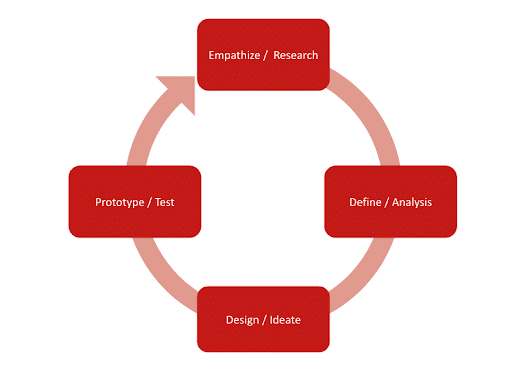
At the core of our UX/UI methodology is a user-centered design philosophy. Our goal is to create intuitive digital experiences that deliver both functional excellence and emotional resonance. This is achieved through a structured yet flexible process rooted in Design Thinking, a human-centric approach to problem-solving that encourages empathy, iteration, and innovation.
To deliver effective UX/UI, we adopt the Design Thinking process, which involves the following key stages:
STEP 01
Empathize / Research
Understand the users’ needs, behaviors, and pain points through research methods such as interviews, surveys, and data analysis.
STEP 02
Define / Analysis
Analyze the insights gathered to clearly define the core problems. Establish user personas and map user journeys to frame the challenge accurately.
STEP 03
Design / Ideate
Brainstorm and conceptualize potential solutions. Develop wireframes, user flows, and visual concepts aligned with user needs and business goals.
STEP 04
Prototype / Test
Build interactive prototypes to validate concepts. Test with real users to gather feedback, refine ideas, and improve usability before full-scale development.
Cross-Functional Collaboration in Design Thinking Agencies
Our design thinking process is deeply collaborative, bringing together designers, software engineers, and clients from day one to ensure that every solution is user-driven, technically feasible, and business-aligned.

Designers:
Crafting user-centric experiences
Our UX/UI designers lead with empathy, translating user needs and business insights into intuitive interfaces. But they don’t work alone. From early ideation to final polish, designers:
- Facilitate co-creation workshops with clients
- Iterate quickly based on technical feedback
- Validate ideas through user testing and collaborative reviews

Software Engineers:
Bridging design and execution
Our software engineers are engaged early in the design process to ensure feasibility and scalability. Their role includes:
- Offering technical insights during ideation and prototyping
- Ensuring designs align with real-world constraints and platforms
- Collaborating closely during handoff to maintain design integrity in code
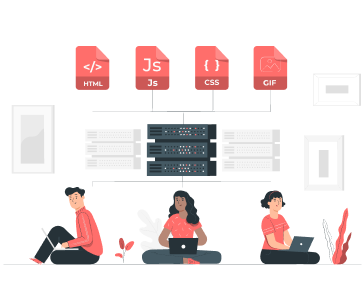
Clients:
Strategic partners in innovation
We don’t view our clients as just stakeholders, they’re essential members of the product team. Through frequent check-ins, sprint reviews, and shared decision-making, clients:
- Provide market and business context
- Prioritize features and validate direction
- Help shape solutions that are meaningful and impactful
Tools We Use for Design Thinking in Software Development
At Kyanon Digital, we empower our design thinking process with a robust toolkit of modern tools and proven techniques, ensuring clarity, collaboration, and creativity at every step.
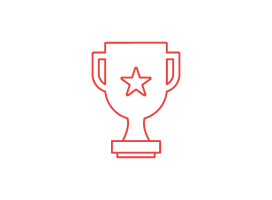
UX Research & Discovery Tools
We use both qualitative and quantitative research tools to uncover user needs and behaviors:
- Google Forms & Typeform – for structured user surveys
- Hotjar & Microsoft Clarity – for heatmaps and session recordings
- UsabilityHub – for testing assumptions and UI preferences
- Interviews & Field Studies – for gathering contextual insights
These tools help us develop a deep understanding of real user pain points before moving into design.
1
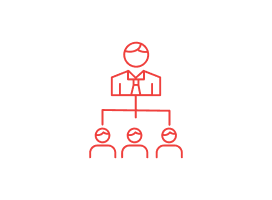
Design & Prototyping Tools
We bring ideas to life through high-fidelity design and rapid prototyping:
- Figma – our primary tool for UI design, prototyping, and real-time collaboration with clients and developers
- Adobe XD – for visual mockups and click-through prototypes (as needed)
- Zeplin – for seamless design-to-development handoff when needed
- Design Systems & Component Libraries – to ensure consistency and scalability across platforms
With these tools, we ensure designs are not only beautiful but also ready for development.
2
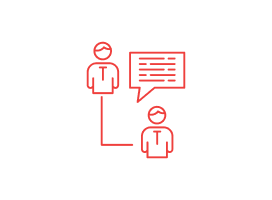
Ideation & Collaboration Tools
Design thinking thrives on collaboration. Our go-to tools include:
- Miro – for virtual whiteboarding, brainstorming, and design workshops
- Lucidchart – for flow diagrams and information architecture
- Slack & Notion – for async updates and cross-functional documentation
- Jira – to align design sprints with development workflows
These tools ensure everyone from clients to designers to developers is aligned and engaged.
3
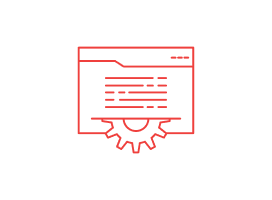
Design Techniques & Artifacts
We apply human-centered design techniques to guide our thinking and storytelling:
- Personas – to bring user archetypes to life and keep empathy at the core
- User Journey Maps – to visualize the full user experience across touchpoints
- Wireframes & UI Flows – to sketch ideas before committing to high-fidelity design
- Prototypes – to test functionality early and gather real-world feedback
Each artifact is created with purpose to drive better conversations, faster alignment, and smarter solutions.
4
Let’s discuss how these practices can drive success for your specific project. Our team can share relevant case studies and references that match your industry and requirements.
Success Stories
Trusted by Industry Leaders












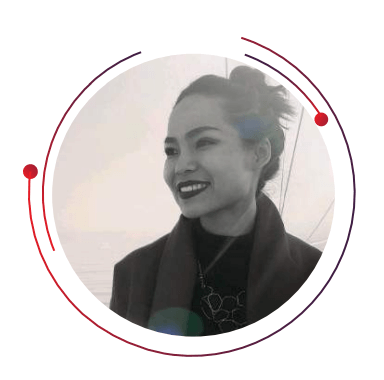




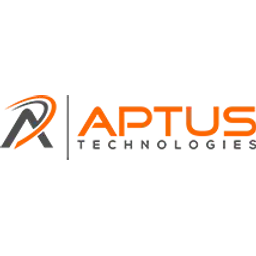





Our Outsourcing Insights
FAQ
Design Thinking is a user-centered, problem-solving approach that goes beyond aesthetics. Unlike traditional design methods that often start with requirements or visuals, Design Thinking begins with empathy, deeply understanding users before ideating and prototyping solutions. It’s iterative, collaborative, and focused on delivering real value to real users.
Design Thinking helps reduce the risk of launching the wrong solution. By involving users early and testing ideas quickly, we avoid wasted time and resources. The result is a product that’s not only functional and beautiful, but also meaningful and aligned with user expectations, leading to better adoption, loyalty, and ROI.
Absolutely, it can be tailored. At Kyanon Digital, we adapt the Design Thinking process to your project’s needs. Whether you need deep user research, rapid prototyping, or just a focused UX audit, we’ll design a workflow that delivers the most value within your timeline and budget.
Not at all. While it’s great for product discovery and MVPs, Design Thinking is equally effective for redesigning mature products, solving specific UX challenges, or improving conversion flows. It’s a flexible framework that brings clarity and innovation to any stage of your digital product lifecycle.
Absolutely. Design Thinking and Agile complement each other well. We typically apply Design Thinking upfront or in parallel with sprints, so research, ideation, and testing happen iteratively. It helps de-risk development and keeps the focus on the user throughout the product cycle.
Yes — our design thinking consulting firms team can audit, redesign, and improve existing applications
Start Your Project with a Leading Design Thinking Consulting Firm
Get in touch instantly
